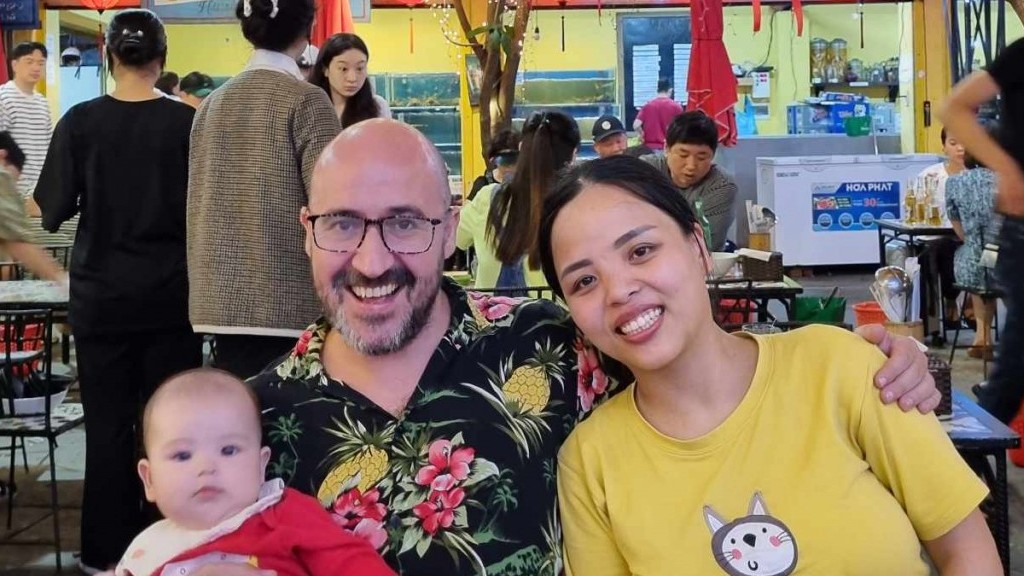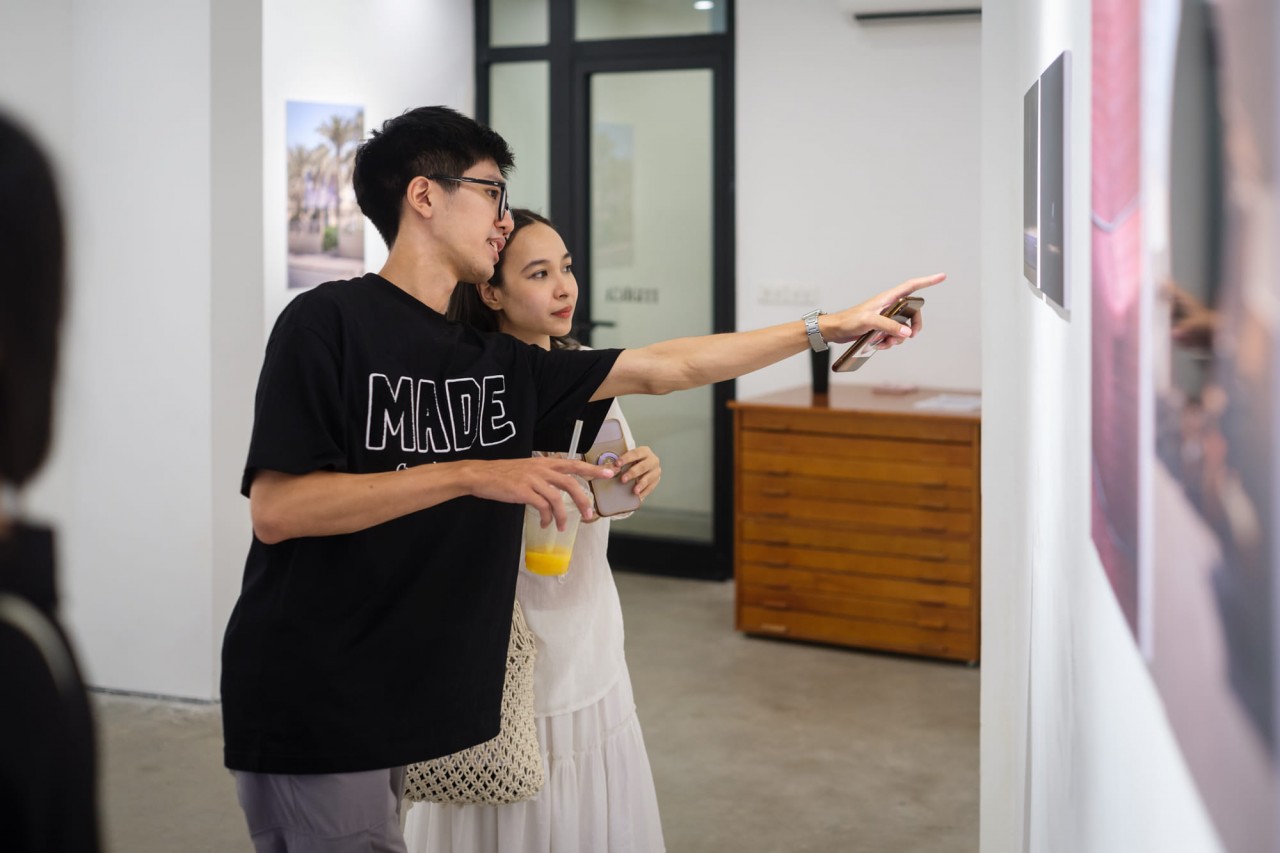Supporting All Foreigners in Vietnam Amidst COVID-19
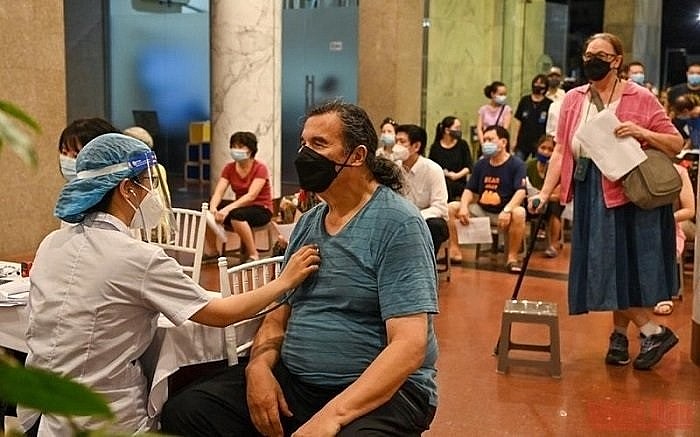 |
| A medical worker conducts health screening for COVID-19 vaccination for a foreigner. Photo: NDO |
The unexpected COVID-19 pandemic has caused difficulties for many people, including foreigners living and working in Vietnam. In addition to having their jobs affected and incomes reduced, many of them don't have relatives or close relationships in Vietnam for support in urgent situations.
Following the motto “leave no one behind” and ensuring health and safety for everyone, without discriminating against domestic or foreign people, the Vietnamese Party, State and Government have issued guidelines and policies on promptly supporting foreign citizens in Vietnam who are facing difficulties due to the pandemic.
The community has also made practical moves to help international friends. A story went viral in April 2020 when a foreign teacher in Ho Chi Minh City stood at a street corner with a signboard calling for help as he had lost his job and was living in difficulties due to COVID-19. Many people in Ho Chi Minh City reached out to help immediately, causing the foreign man to be “overwhelmed by the compassion and generosity of the Vietnamese people”.
The story shows that the country and people of Vietnam always care for and are willing to help those in need, whoever they are. Over the past two years since COVID-19 broke out, foreigners living and working in Vietnam have received help in various forms, from food donations and medical care to vaccination against COVID-19.
Many foreign patients have been treated wholeheartedly by Vietnamese medical staff, helping them escape from death and return to life. Prominently, Vietnamese doctors saved life of the British male pilot, a critical COVID-19 patient in July 2020, which has been highly appreciated by international friends, according to Nhandan.
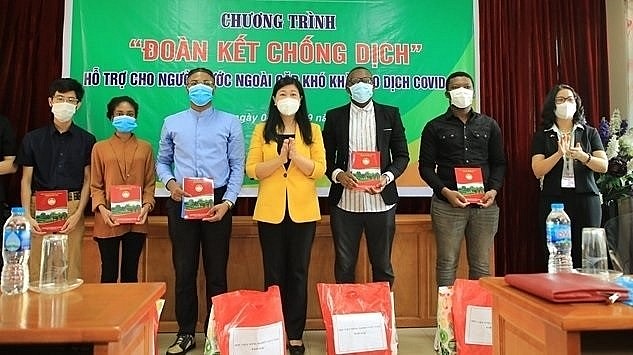 |
| On September 4, Hanoi’s authorities give 25 sets of gifts to foreign students at the Vietnam National University of Agriculture in Gia Lam District. (Photo: VNA) |
During the fourth wave of COVID-19, many provinces and cities across the country have continued to pay strong attention to foreigners. In Ho Chi Minh City, the authorities have met with and visited foreigners living in the city whose livelihood are being affected by the pandemic to provide necessities, gift packages and vaccination against COVID-19.
The city has also launched call centres in five foreign languages at https://bit.ly/SupportForeigner to support foreigners in need.
In Hanoi, many organisations and individuals have provided timely support to foreign students studying at Vietnamese universities. Meanwhile, a programme is being implemented in Binh Thuan Province to present cash and essential goods to dozens of jobless foreigners living in difficulties in the province. Quick response teams have also been set up in localities to provide support to foreigners and share in their difficulties.
These are vivid illustrations of human compassion, the spirit of sharing and mutual support of the Vietnamese people, which provide a source of motivation for the country to battle it out with the pandemic.
How to register COVID-19 vaccination for foreigners
Vietnamese nationals and foreigners can now register online for COVID-19 vaccines, according to Nguyen Truong Nam, Deputy Head of the Information Technology Department of the Ministry of Health.
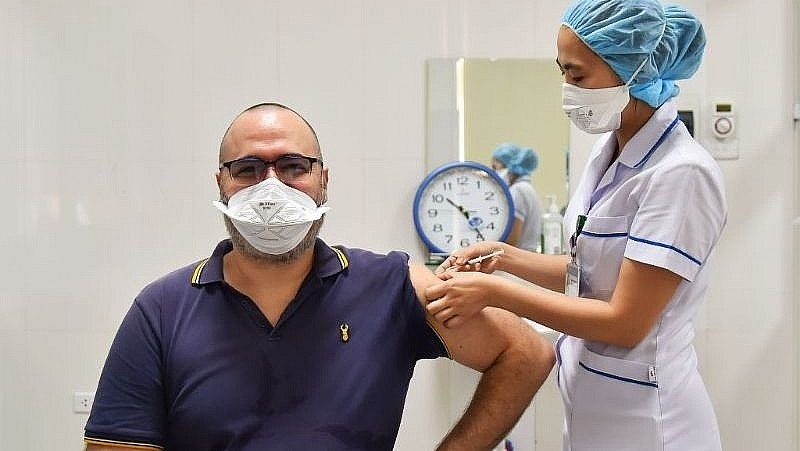 |
| A diplomatic representative staff in Vietnam vaccinated against COVID-19 in Hanoi late June 2021. (Photo: Ministry of Health) |
The ministry has confirmed that anyone over the age 18 can choose one of two ways to register for their vaccination online.
“The entire process, from registering for online vaccination to looking up vaccination history and results, can be done on the E-health app. The healthcare sector can monitor quantities of people who registered for vaccination, have received vaccine shots or remain unvaccinated, and the number of vaccines delivered to the venues,” Nam said.
He said with the online system, people do not have to visit vaccination venues to register. Information is sent to authorities quickly and they can avoid lost or duplicate information.
However, it does not mean who registered first will get priority.
The system would not prioritise early registration, he said.
People must provide information on which priority groups they are in. Based on that information, authorities will arrange vaccination schedules for each group, said the VNA.
Option One: Directly via the COVID-19 vaccination portal: https://tiemchungcovid19.gov.vn/portal/register-person
Option Two: Via the E-health app for phones using Android and iOS that can be downloaded here: https://hssk.kcb.vn/#/sskdt.
To use the app users must register with a phone number. After verifying their information, users will receive instructions for registering for their vaccination.
Data collected will be transferred to vaccination venues. The venues will screen registrants, confirm their information, and make a list of people to prioritise. Once registered, users will be notified as vaccines become available. They will be given an appointment for screening and will be informed about their vaccination schedule.
The website and the E-health app are expected to be updated with an English version in the next few weeks. Foreigners will be able to access these systems to make registration once the English version is completed.
Each user will have a black and white QR code on their e-health record app. When people have received the first vaccine jab, the QR code colour will turn yellow.
When the second jab has been received, the colour will turn green.
The QR code will replace paper vaccine certificates that people were granted earlier. The system is currently updating the data of those who have already been vaccinated so it may take a while for those who have previously been vaccinated to receive their online certificates.
The online vaccination database consists of the number of shots and the type of vaccine that people have received. They can also use the QR code on the app to prove their vaccination status when travelling within Vietnam and through checkpoints.
The QR code will serve as a basis to create a vaccine passport in the future.
Military-run telecommunications company, Viettel, the service provider, plans to improve its server capacity to minimise network congestion for online registrations.
| Vietnam looks to have about 70 per cent of the population inoculated to achieve herd immunity by late 2021 or early 2022. It targets that at least 50 per cent of people aged 18 and above will be vaccinated against COVID-19 in 2021, and more than 70 per cent of the population will get the shots by the end of the first quarter next year. Vietnam looks to have about 70 per cent of the population inoculated by late 2021 or early 2022. It is targeting at least 50 per cent of people aged 18 and above in 2021 and more than 70 per cent of the population to have shots by the end of the first quarter of next year. There are sixteen priority groups: 1. Healthcare workers 2. Those involved in pandemic prevention. For example, members of steering committees, those working at quarantine areas, or experts conducting epidemiological investigations. 3. Military officers 4. Police officers 5. Diplomatic officers 6. Teachers 7. Students 8. Custom, immigration officers 9. Essential service providers in aviation, transport, tourism, electricity, and water 10. People with chronic illnesses 11. People aged over 65 12. Residents in pandemic-hit areas 13. People on low-income, including pensioners, food sellers, market traders, builders, and informal workers 14. People who are sent by State agencies to work and study abroad 15. Religious dignitaries 16. Other groups decided by the health minister or chairpersons of provincial-level People’s Committees or proposed by vaccine suppliers There are four types of localities being prioritised for vaccination: 1. Localities currently having outbreaks. 2. Localities located in key economic regions or piloting economic development projects. 3. Localities with a large number of industrial parks with high populations of factory workers and residents. 4. Localities with shared borders and international border gates. |
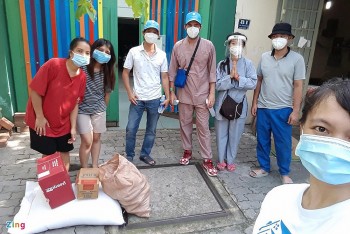 | Vietnamese and South African Couple Lends Support to Foreigners in HCMC Tran Thanh Hai, 38, and her South African husband Mauritz Pretorius, 32, have been bringing many oxygen cylinders to help coronavirus-infected expats in HCMC |
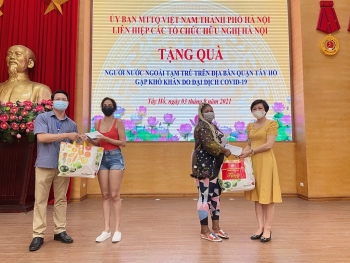 | Covid Gift Packages Presented to Foreigners, Students in Hanoi The Hanoi Union of Friendship Organizations (HAUFO) presented gifts to foreigners and international students in difficulty in Hanoi. |
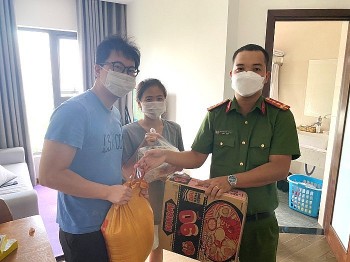 | Major Cities Set Up Pandemic Support for Foreigners Da Nang and Hanoi supports foreigners facing difficulties due to the Covid-19 lockdown. |
In topics
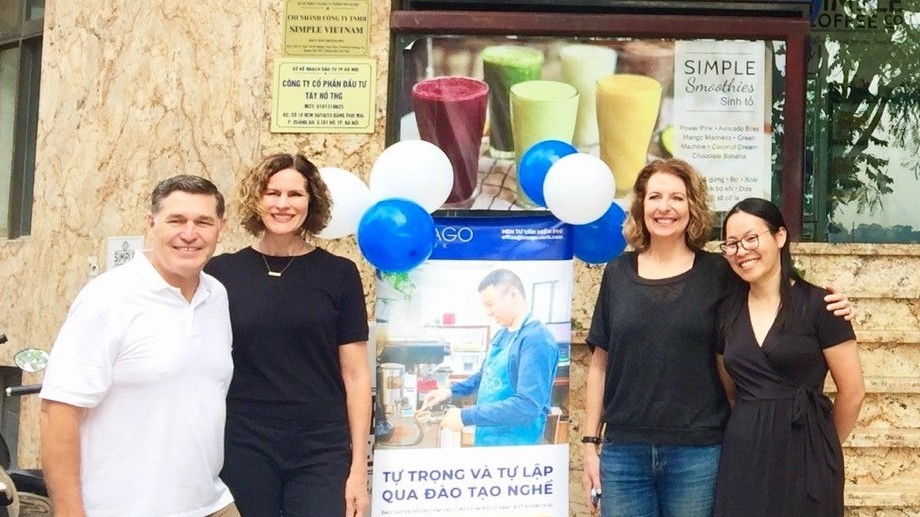 Expats in Vietnam
Expats in Vietnam
Expat Spotlight: Julie Schumacher, Michelle and Mike Beard - Brewing Inclusive Workplaces in Hanoi
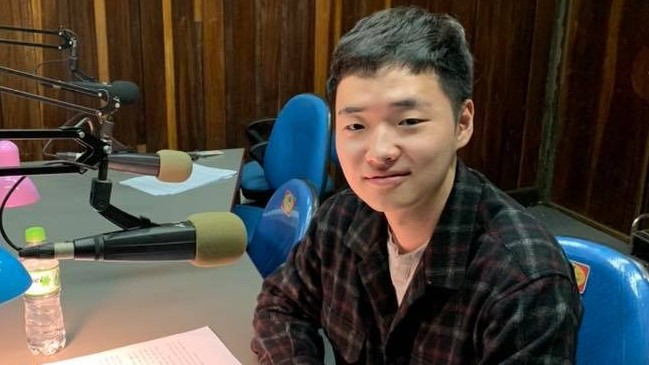 Expats in Vietnam
Expats in Vietnam
Expat Spotlight: Tuấn Jeon - A Language Master with a Deep Love for Vietnam
Recommended
 Focus
Focus
Vietnam Leaves Imprints on the World Peacekeeping Map
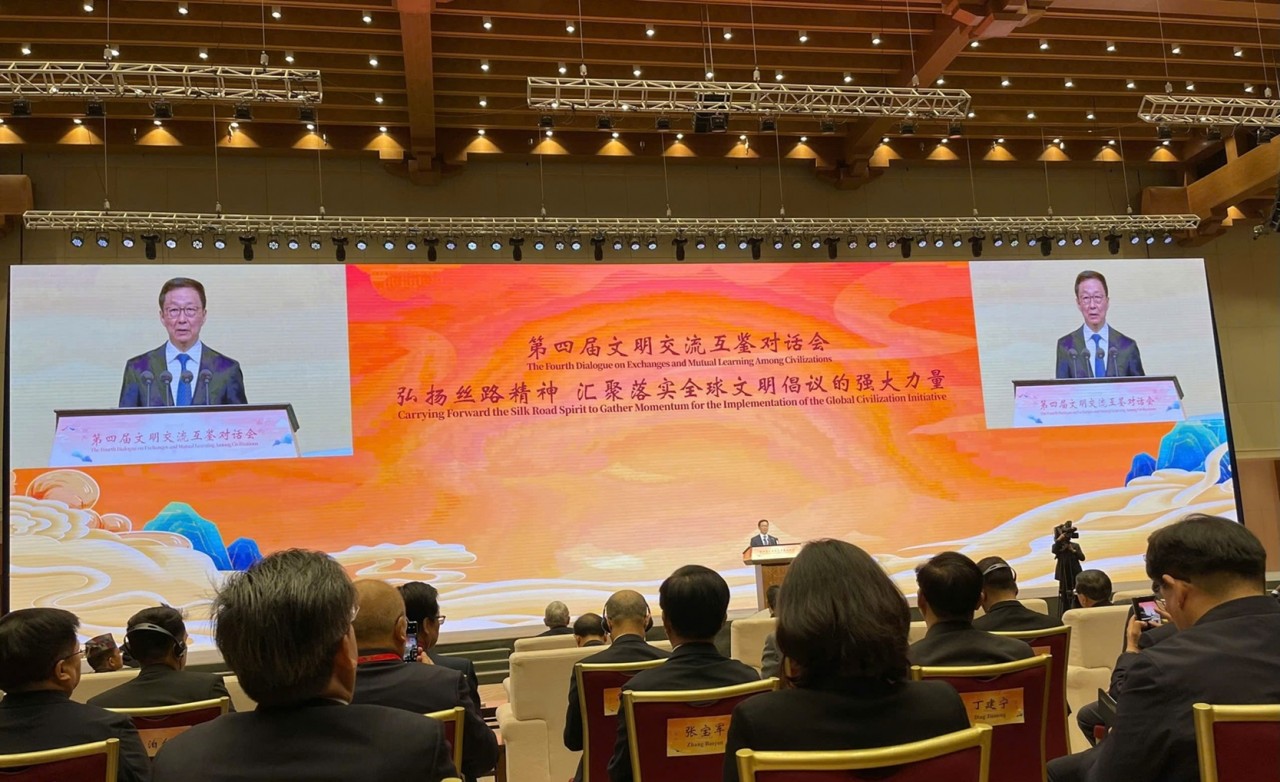 Friendship
Friendship
VUFO Attends Fourth Dialogue on Exchange and Mutual Learning among Civilizations
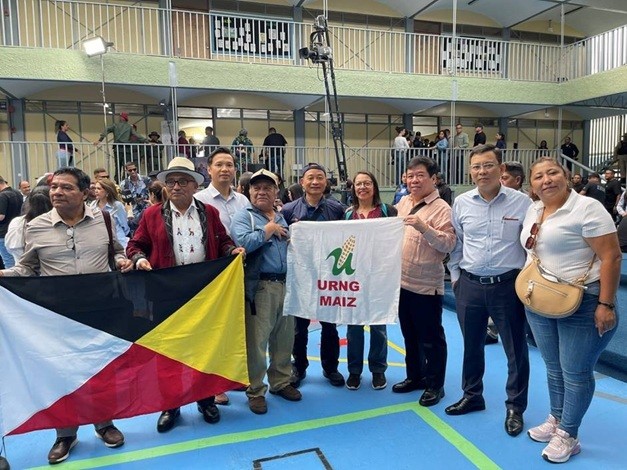 Focus
Focus
Strengthen Solidarity and Friendship Between Vietnam and Venezuela
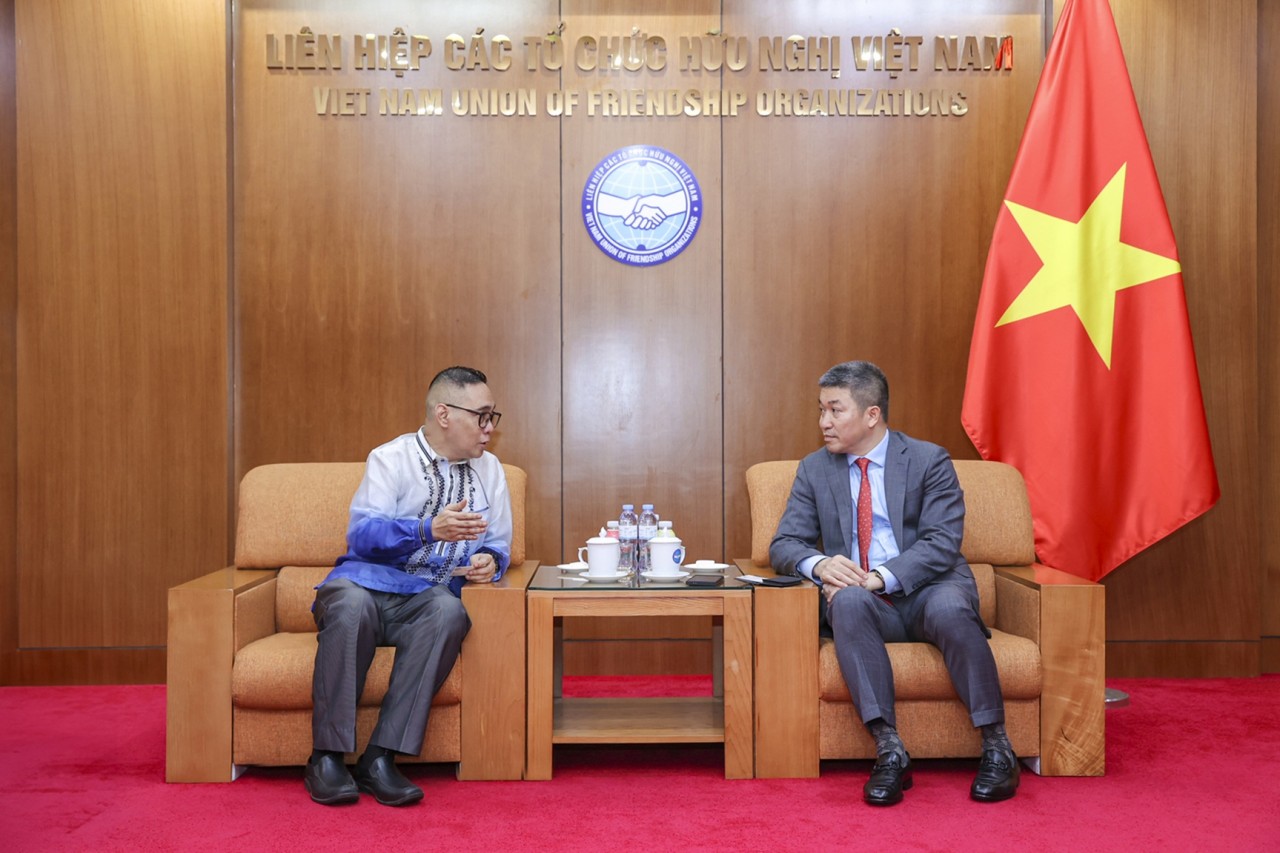 Friendship
Friendship
VUFO Supports Initiatives to Enhance People-to-people Exchanges between Vietnam and the Philippines
Popular article
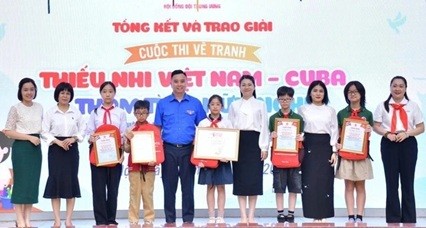 Focus
Focus
"Vietnamese - Cuban Children, Deep Friendship" Painting Contest Announces Winners
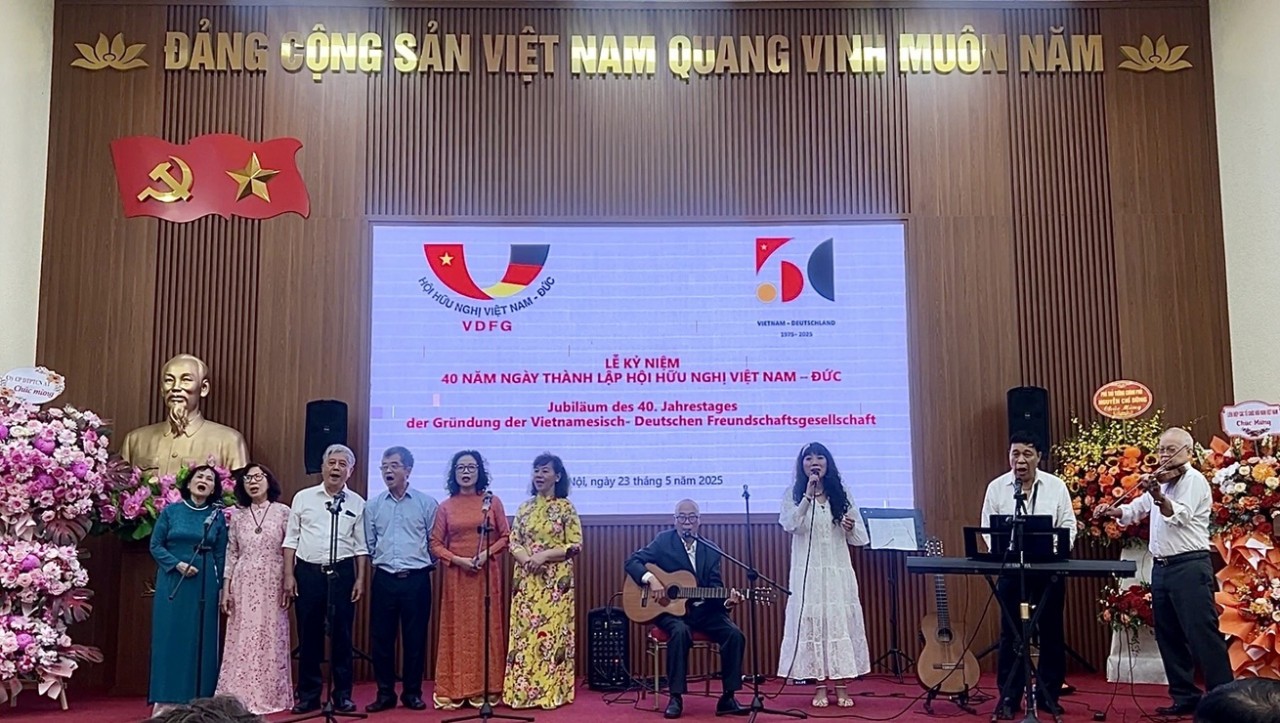 Focus
Focus
Solid Bridge for People-to-people Relations between Vietnam and Germany
 Focus
Focus
35 Years of FES in Vietnam: Fostering Dialogue, Advancing Equity
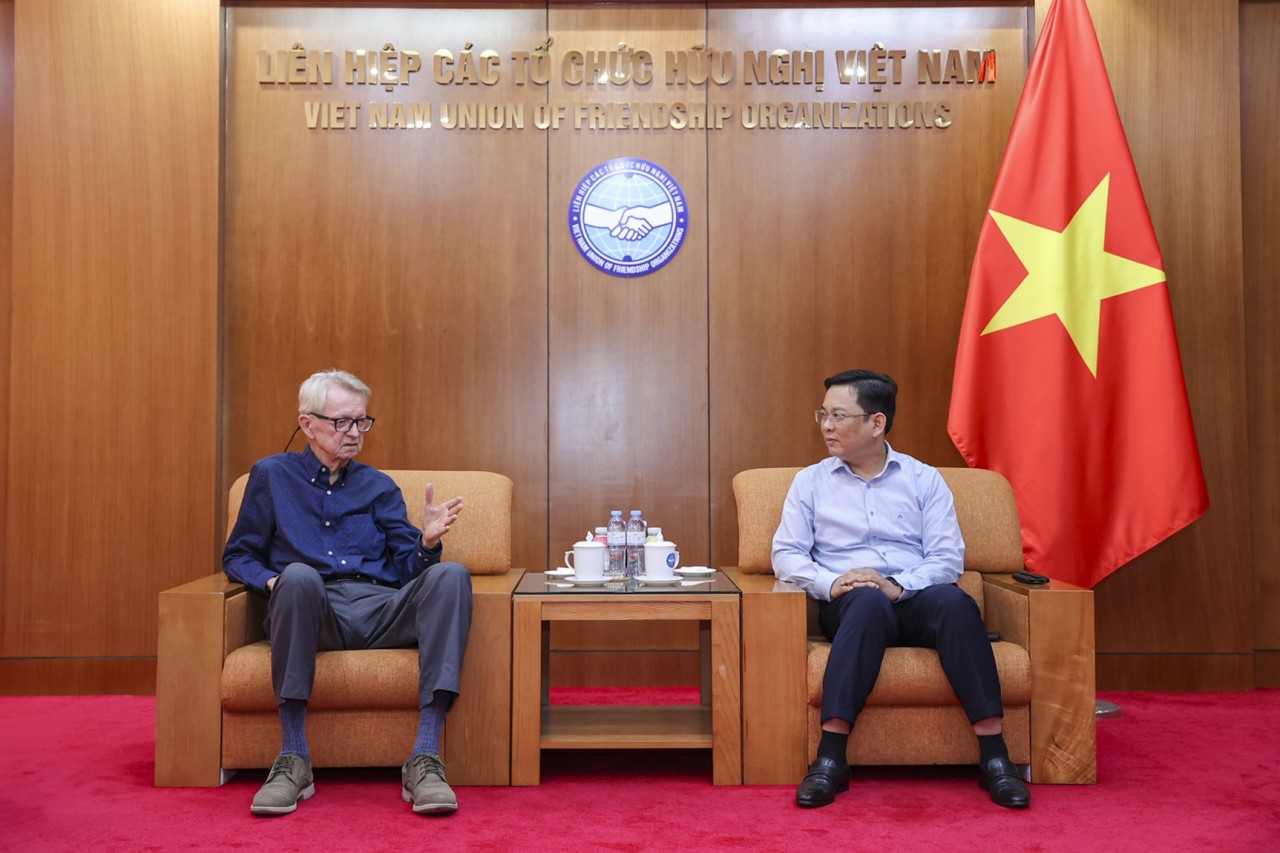 Friendship
Friendship




